Allenstown among local towns considering switch to community power
| Published: 03-12-2023 12:00 PM |
The potential change in how New Hampshire residents buy electricity could come to seven communities including Allenstown at town meeting this month, along with 10 others who will be making a similar decision.
Allenstown is among the towns ranging from Milford to Waterville Valley considering whether to enter a contract with Standard Power, a municipal power broker, and Good Energy, an energy aggregator, for what is known as community power. In places where the warrants pass, the town will buy electricity on the open market on behalf of residents and small businesses, usually with a savings compared to the default rate for the local utility. Residents can opt out of the program if they want to stay with the utility.
Four towns, mostly in Cheshire County, previously signed such contracts and are expected to launch this spring. Towns that join the program at town meetings this month should launch some time this year, said Emily Manns, community power consultant with Standard Power.
Ten other towns including Canterbury, Pembroke, Webster and Warner will be deciding this month whether to join community power programs through the Community Power Coalition of New Hampshire, which is launching the programs with a dozen other towns, cities and one county government.
Note that community power programs are not the same as community solar programs despite some confusion between the two, including in an earlier Monitor article. Community power does not necessarily have to involve any solar power, although it often does.
Large power users such as manufacturers have long been able to buy electricity wholesale rather than from their local power utility but that option wasn’t available to residents until a 2019 state law changed the program from opt-in to opt-out. That greatly increased the number of likely participants in any town, making it viable to gather them together and take them to the open market.
Aside from probably getting lower rates, the programs allow each community to tailor its power options, such as giving a “green” alternative.
“Almost all plans have renewable energy. It is a big driver” for adoption, said Manns.
Article continues after...
Yesterday's Most Read Articles
 UNH faculty and students call on university police chief to resign following his alleged assault on a student
UNH faculty and students call on university police chief to resign following his alleged assault on a student
 Steeplegate project to reopen to public comment as developer seeks to reduce required parking
Steeplegate project to reopen to public comment as developer seeks to reduce required parking
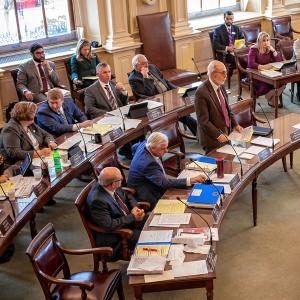 Opinion: NH should support SB 553
Opinion: NH should support SB 553
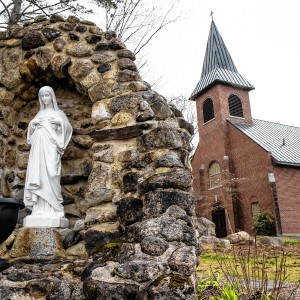 A turbulent 50-year history: Inside the rise and fall of a tiny Catholic college in Warner
A turbulent 50-year history: Inside the rise and fall of a tiny Catholic college in Warner
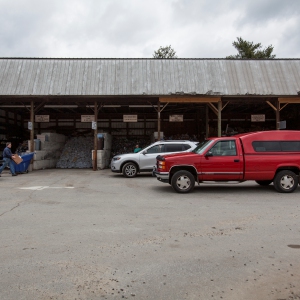 Hopkinton tries to nab out-of-town trash bandits
Hopkinton tries to nab out-of-town trash bandits
 Lawyers and lawmakers assert the Department of Education is on the verge of violating the law
Lawyers and lawmakers assert the Department of Education is on the verge of violating the law
Billing and repairs will still be handled by the local power utility even if community power is adopted. No taxpayer money is involved, and communities can withdraw from the program if they wish.
Bulk-purchase options are part of many changes coming to the system of making and delivering electricity, fueled by technologies like solar power and batteries that make it possible to turn electricity consumers into potential producers.


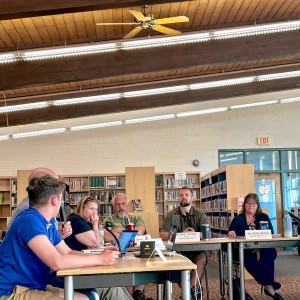 Following budget cut, Pembroke revisits future of elementary school re-build
Following budget cut, Pembroke revisits future of elementary school re-build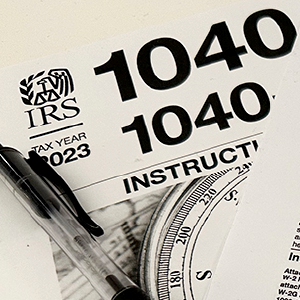 Granite Geek: Free government software for taxes – what could go wrong? (Not much, as it turns out)
Granite Geek: Free government software for taxes – what could go wrong? (Not much, as it turns out) To snuff out cancer, NH firefighters seek regular screenings
To snuff out cancer, NH firefighters seek regular screenings New Hampshire jury finds state liable for abuse at youth detention center and awards victim $38M
New Hampshire jury finds state liable for abuse at youth detention center and awards victim $38M
